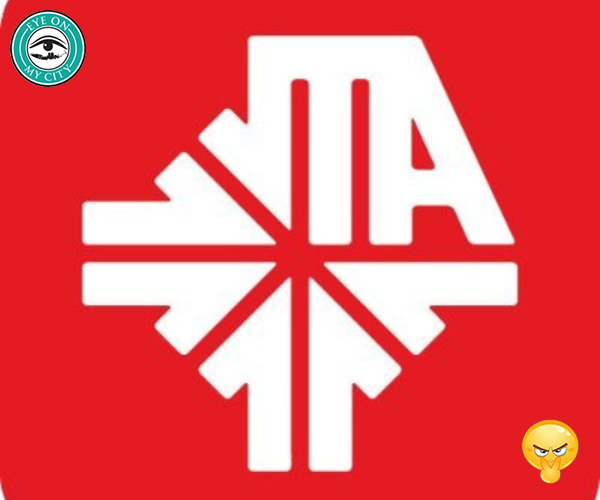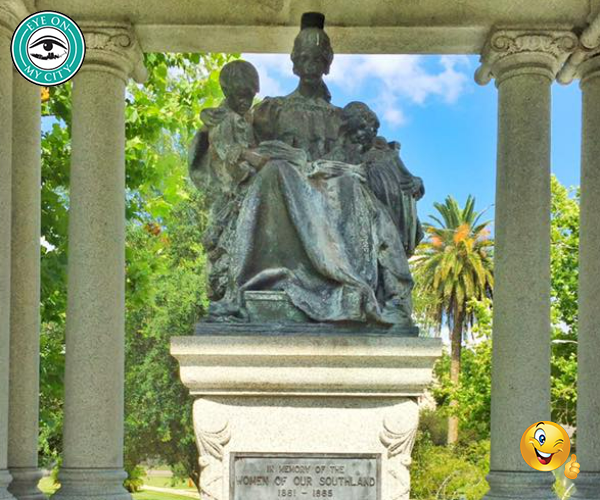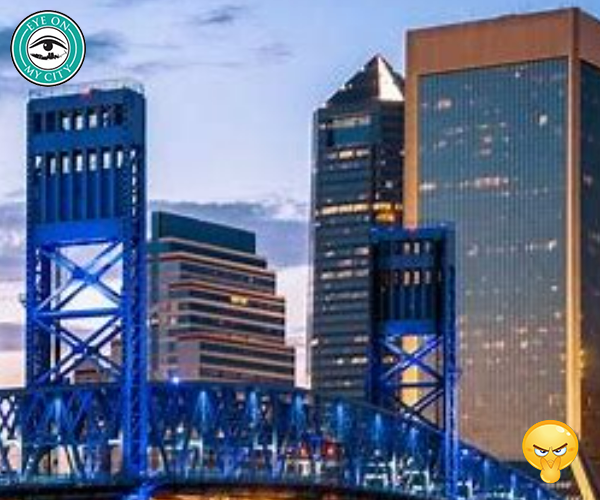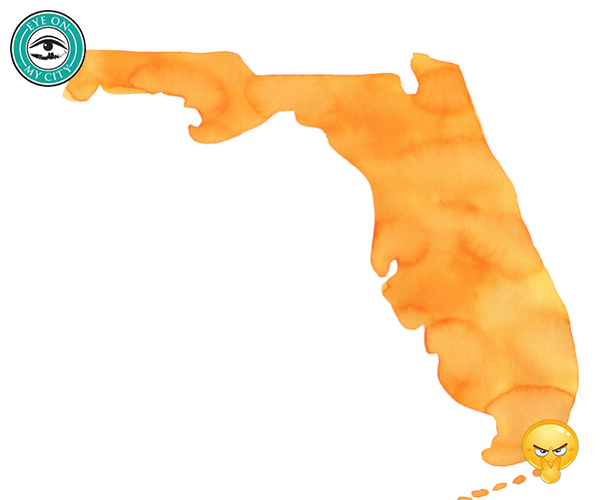
Perhaps having learned by the disastrous and hurried attempts to sell the JEA and enrich the Jacksonville Jaguars at public expense, local politicians are ramping up a sales pitch before increasing gas taxes.
In 1983, the City Council enacted a 6-cent local option gas tax for a five-year period. Just two years later, the council extended the gas tax for an additional 10 years, then in 1991 extended it for an additional 30-year period from 1996 through 2016.
As part of the Better Jacksonville Plan in 2000, the city asked the Jacksonville Transportation Authority to provide a ½ penny of its dedicated sales tax funding source to issue bonds for the projects in the program. In exchange, the city let the JTA have the revenue from the local option gas tax.
To allow the JTA to complete unfinished BJP projects, along with additional roadway projects and other transportation projects the tax was extended in 2016 through August 31, 2036. Through the 2016 extension, the city and the JTA agreed to a 5-1 split of the six cents, with five cents going to the JTA and one penny going to the city treasury.
With the 2016 gas tax extension, the JTA established the JTA Mobility Works program, road improvement and mobility corridor projects in the Better Jacksonville Plan that were not finished.
Mayor Lenny Curry now wants to double the gas tax to the maximum allowed by law and split the 12 cents with the JTA evenly, six cents each.
The best argument in favor of the tax increase is that it will hit the 96,000 commuters from bedroom communities around the city who flood into the city each day, using roads paid for by local taxpayers.
Another argument by proponents is that it will create jobs. In fact, it is being sold under the “Jobs for Jax” slogan.
Of course there will be temporary construction jobs with more road building. But will it be a bonanza?
Doubtful. The politicians needed “scientific” measures so they went to the University of North Florida and got a professor to gin up some numbers.
He apparently fed data into a rental computer model that predicts economic benefits, based on an economic theory propounded by a Russian.
I’ve always viewed such analysis with skepticism. Computer models produce the numbers they are programmed to produce.
In this case, it predicted a return of $1.6 billion on an “investment” of $930 million.
Such numbers always make you wonder: Why not double or triple the investment? Maybe we could lower taxes and replace the revenue with our profits.
At the same time this computer model was spitting out numbers, the local Jacksonville Civic Council has been producing numbers showing that Jacksonville taxpayers are paying low rates of taxation compared to other Florida cities run by Democrats whose taxpayers are enjoying high tax rates.
The argument is that if we paid more we could have more.
But, while JCC did an admirable job of pulling together thousands of elusive data points, there still are some lacking.
One is the ability to pay. The per capita income in Jacksonville is lower than other cities in Florida.
Also missing, some objective analysis of what important elements of infrastructure are lacking. The city has spent many billions of dollars on infrastructure over the past 20 years. Was that substantial effort wasted or insufficient?
Another red flag is that a huge chunk of the money, nearly half, will go to the Skyway Express. Billed as the wave of the future in the 1970s, it has proven to be an expensive boondoggle. Tampa had one and tore it down.
One selling point was that it would be overhead – like the 19th century elevated trains in New York City – and thus not disturb traffic on the streets. The new “solution” is to bring the buses down to street level where they would disturb traffic with driverless vehicles.
Infrastructure apparently is an infinite problem. Politicians in all cities, including those that pay high taxes, complain about falling behind and blame their predecessors, as Jacksonville politicians have been doing.
Nationally, the federal government is under the complete control of irresponsible liberals and socialists, and is preparing to spend trillions of dollars on infrastructure – and pork.
Another reason for skepticism is that the gas tax increase is being touted as a way to phase out septic tanks, which politicians have been presenting as a serious public health problem.
Yet, as Eye on Jacksonville has shown, they are doing virtually nothing about the alleged problem even though they have the means.
It will take a super majority of the council to approve the gas tax increase. “Hurry” Curry wants the vote done soon. Later might be better.










